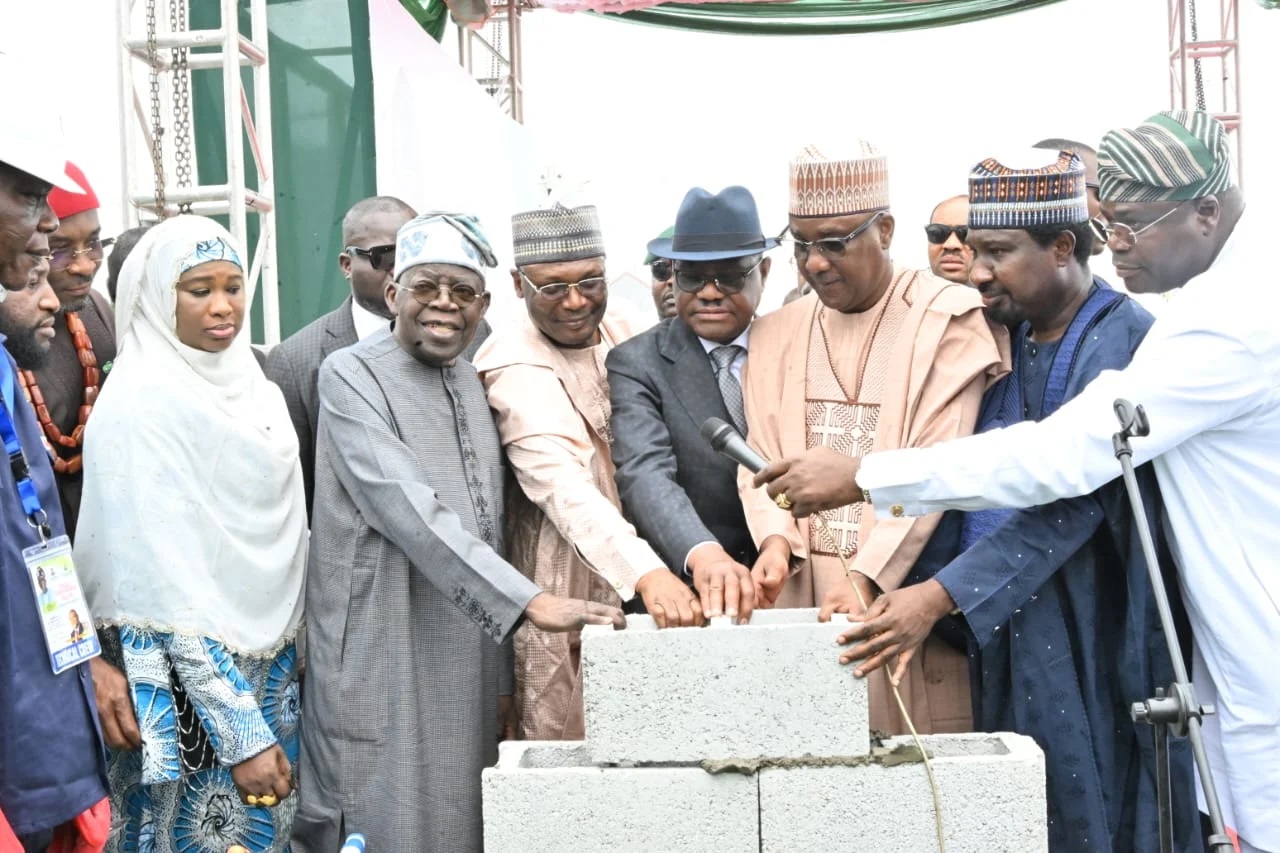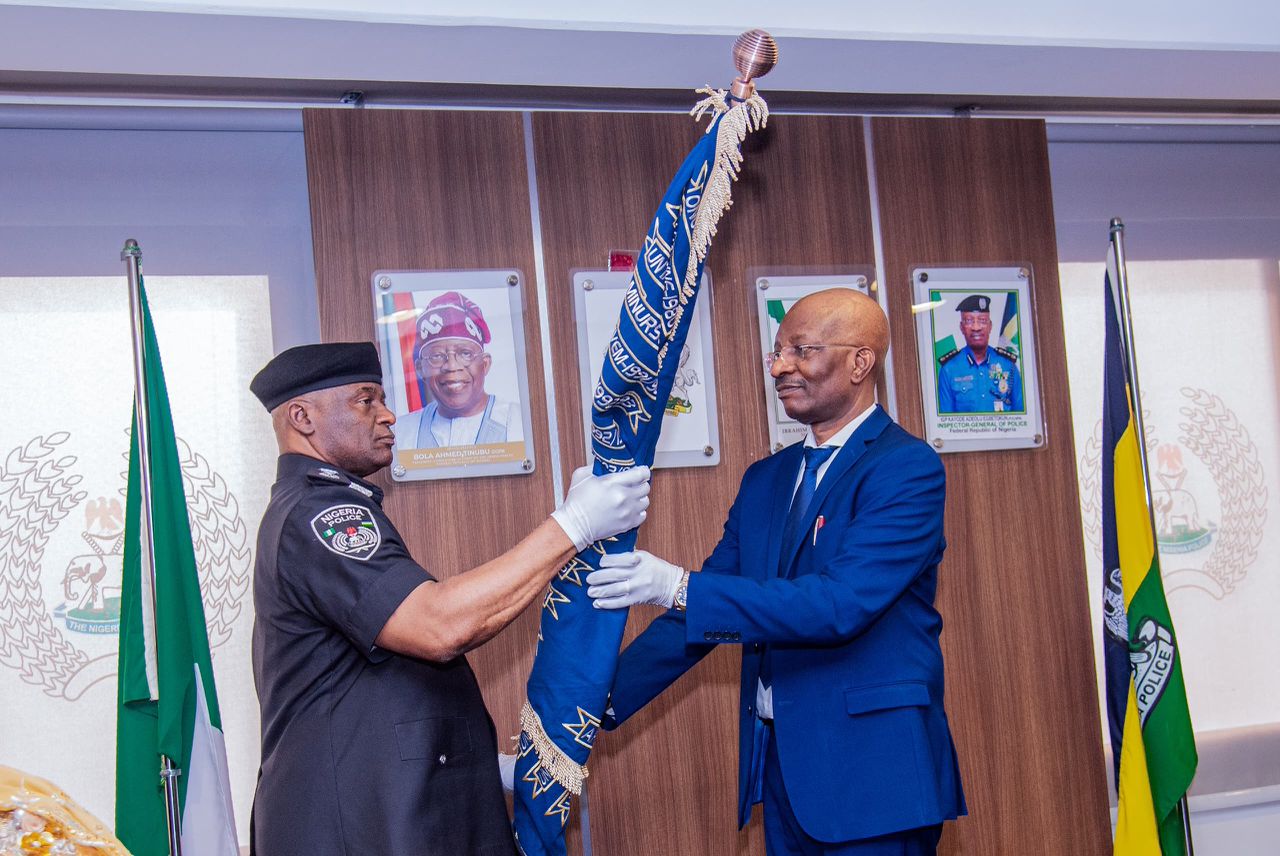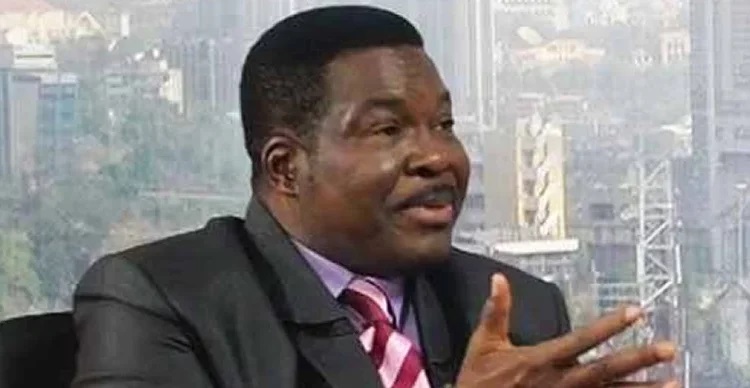Nigerian President Bola Ahmed Tinubu on Tuesday launched the construction of a new annex office for the Independent National Electoral Commission (INEC), aimed at reinforcing the electoral body’s infrastructure and advancing democratic governance in Africa’s most populous nation.
The president hailed INEC as an essential institution in Nigeria’s democratic journey, noting that its ability to conduct credible elections directly influences public trust and the legitimacy of government.
“The integrity of any democracy hinges on the strength of its electoral institutions. We are determined to ensure INEC has the tools and facilities it needs to serve Nigeria with distinction,” Tinubu said during the groundbreaking ceremony.
He emphasised that the new complex will not only address space constraints at the commission’s current headquarters but will also enhance its ability to train staff, engage stakeholders, and store electoral archives.
The initiative, spearheaded by FCT Minister Nyesom Wike, forms part of a broader federal plan to improve government infrastructure. According to Wike, the project was approved in March 2025 and will be delivered under the supervision of the Federal Capital Development Authority (FCDA).
INEC Chair Mahmood Yakubu explained that the commission’s current facilities are inadequate for its current scale of operations. Originally designed in the 1990s for 500 personnel, INEC now accommodates over 1,000 staff, 13 national commissioners, and 22 departments—double the capacity it was intended for.
Yakubu added that the annex would also feature a museum and digital archive, preserving Nigeria’s electoral history and offering educational insights for visiting students and researchers.
“This addition will complement, not replace, our main headquarters. It symbolises how far we have come and the direction we must go in securing the future of elections in Nigeria,” Yakubu said.
The site, located in the Maitama District of Abuja, will span 1.5 hectares and include a five-storey administrative building, meeting rooms, a media centre, a 1,000-seat auditorium, and basement parking. The commission also plans to house key departments and security control facilities within the structure.
Wike pledged timely delivery of the project, describing it as a critical step toward deepening democratic resilience.





